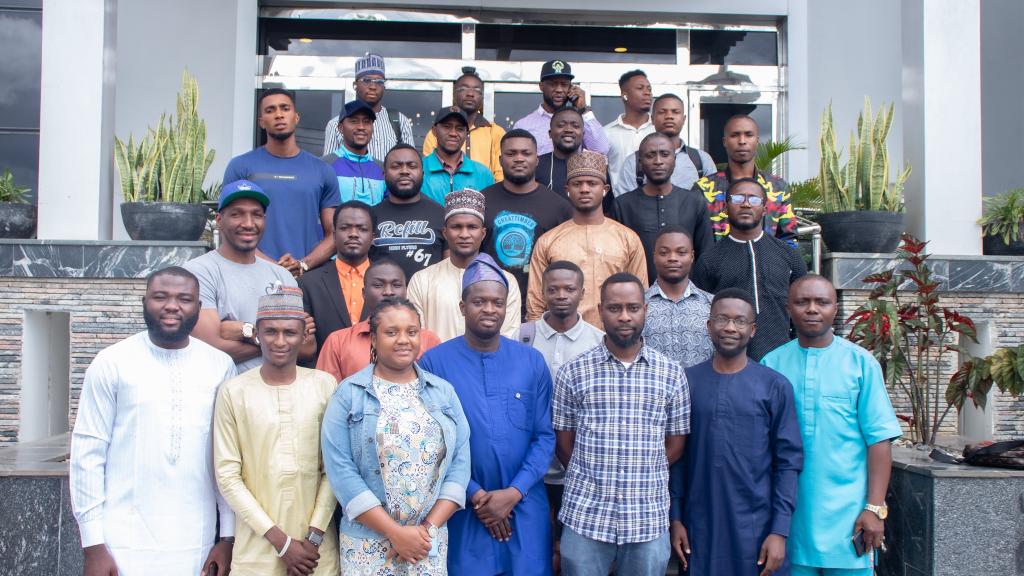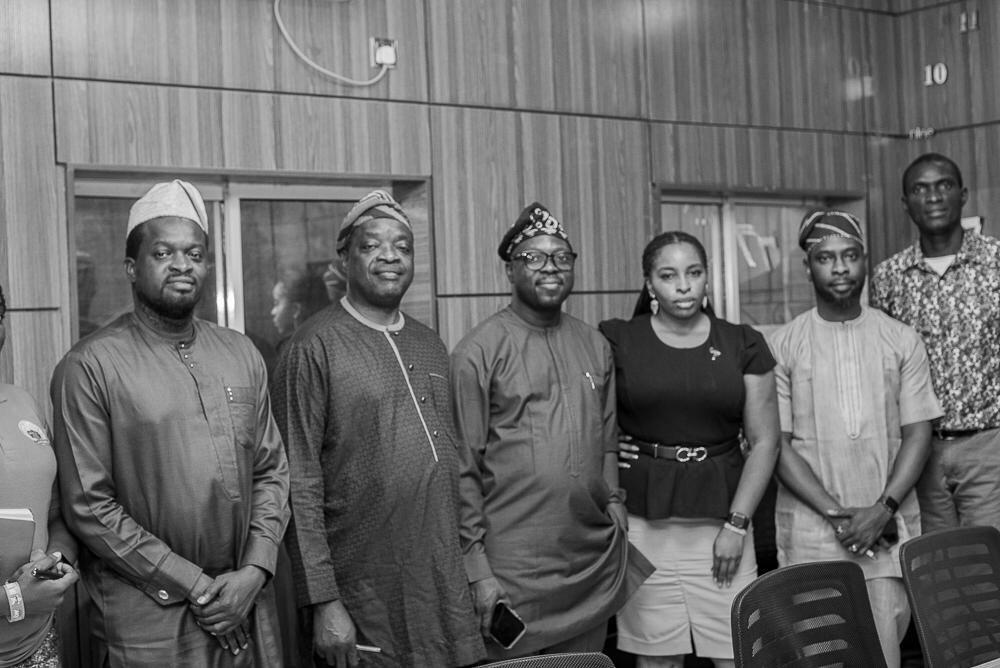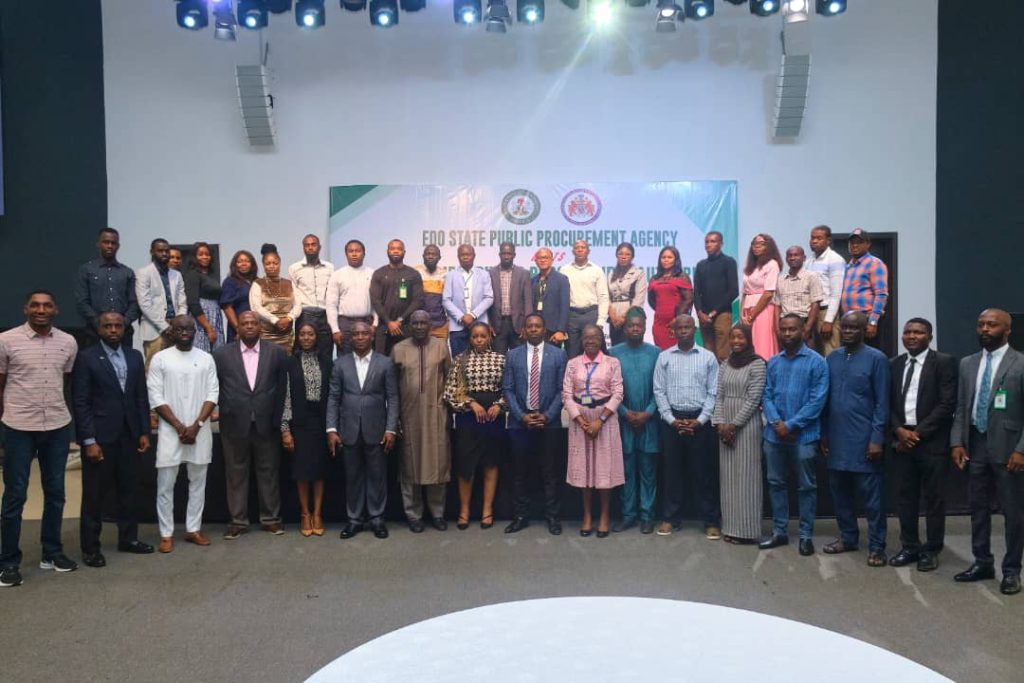Emmanuel Addeh in Abuja
Various stakeholders have suggested that the $250 billion intervention by the Central Bank of Nigeria (CBN) for the rehabilitation of interfaces between Nigeria’s transmission and distribution systems must be followed by measurable results.
The apex bank had announced the $250 million for the rehabilitation of infrastructure covering transmission and distribution to stabilise power supply in the country.
The Minister of Power, Abubakar Aliyu, had similarly said the projects along with others already being embarked upon by TCN have increased ongoing infrastructure in the transmission segment alone to 135, with 30 completed key substation projects and 12 transmission lines.
In his remarks on the issue, the Market Operator (MO) at TCN, Edward Eje said the CBN intervention will provide immediate gains by clearing the bottlenecks currently besetting the sector.
“The interface project is aimed at providing quick solutions at various transmission/distribution interfaces where there are challenges. This makes sense to me. It is a laudable measure to achieve a seamless and a hitch-free power transmission from the transmission stations to the distribution network,” he stated.
Also in his comments, the Managing Director and Chief Executive Officer of Nigerian Bulk Electricity Trading Company, (NBET) Dr. Nnaemeka Eweluka, said that having identified projects that could quickly address and restore normalcy, when fully deployed, the fund would improve supply nationwide.
“What happened was that the CBN has actually performed a very positive role in trying to sort out this electricity market challenges. The CBN is working with TCN and the Discos. CBN basically asked what are those critical projects that if they are addressed today can quickly yield results in the sector.
“This is even as the federal government is doing this Siemens project and TCN is implementing. What are those critical projects that if they are done today, will unlock additional megawatts quickly?
“So, the Discos and TCN worked together to come up with a list of some critical projects and I can’t be specific on the amount, maybe we can furnish that subsequently but that is what is happening,” he explained.
The CEO of NBET added that the CBN decided to fund those critical interventions so that there could be some quick wins even as the bigger projects are being executed.
Also speaking, an energy expert, Bode Fadipe, stated that one of the fundamental issues in the power sector include poor liquidity because the self-funding mechanism that was projected hadn’t been realised.
“It is in direct response to this liquidity challenge that the CBN was brought into the loop. There is therefore sense in the involvement of the CBN in the interface projects between the Discos and TCN,” he noted.
He stressed that the gains of the Disco/TCN funded interface project would remain critical since it will help boost supply, with upgrading of some facilities.
Also, a consumer advocate and lawyer, Kunle Olubiyo, noted that the continuous intervention while still critical, indicates that the essence of privatising the sector had been defeated.
He maintained that the poor governance system, lack of monitoring, accountability and weak structure of the market were responsible for the financial issues in the sector.
“At this point, we no longer need a prophet to tell us that things are not working. It is a supposedly privatised sector and the essence of it that it is meant to be private sector driven. That is not how it is,” he argued.
Last modified: January 17, 2023










